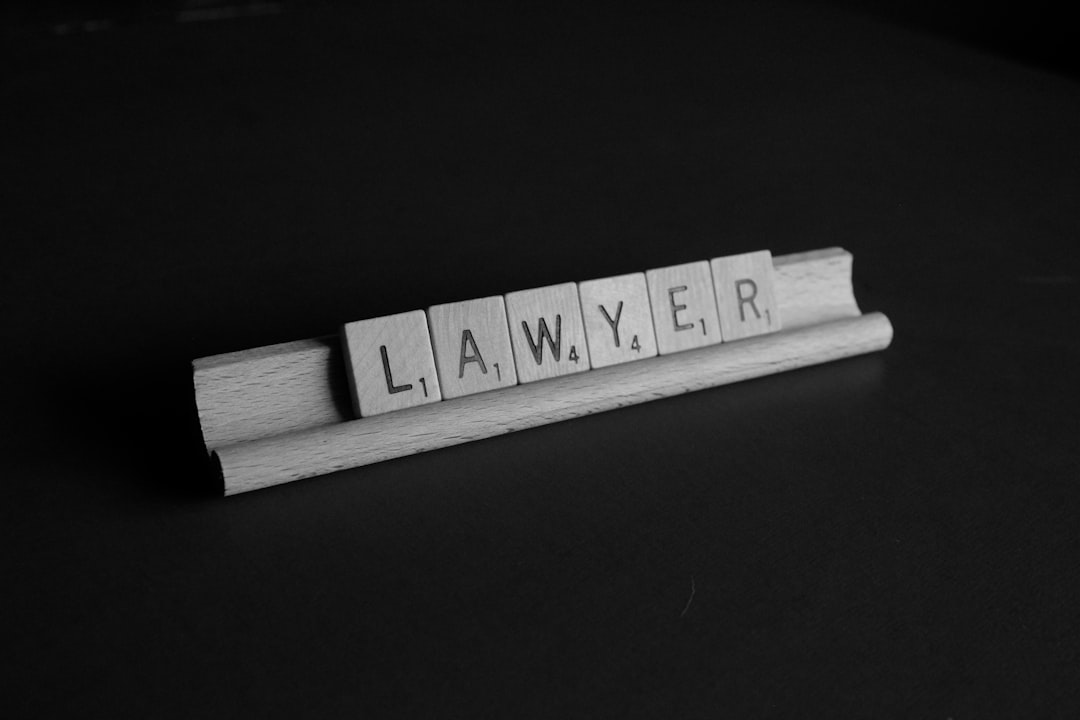Hospital attorneys South Carolina are vital in managing sexual assault cases within healthcare institutions, balancing legal reporting requirements and civil lawsuit defenses. They guide facilities through complex laws, train staff on patient rights, and foster accountability. These attorneys also provide specialized support for victims, improving recovery outcomes by offering legal strategy, counseling access, and resources. Their proactive approach strengthens the state's healthcare system and empowers survivors to pursue justice holistically.
In South Carolina, the issue of sexual assault within hospitals demands meticulous attention. Hospital attorneys play a pivotal role in navigating complex legal landscapes, ensuring justice for victims, and holding perpetrators accountable. The problem is twofold: victims often face additional trauma when pursuing legal redress within healthcare institutions, while hospitals must grapple with intricate liability issues. This article delves into the critical need for specialized legal support, highlighting the expertise of hospital attorneys South Carolina, who are uniquely positioned to provide comprehensive guidance, advocate for survivors, and foster a culture of accountability in healthcare settings.
Understanding Sexual Assault Law in South Carolina Hospitals

In South Carolina, sexual assault cases within hospitals necessitate a nuanced understanding of the law, as these institutions have unique legal obligations to patients. Hospital attorneys in South Carolina play a pivotal role in navigating this complex landscape, ensuring adherence to state laws and protecting the rights of all individuals involved. The key lies in comprehending applicable statutes and regulations, such as those governing patient consent, reporting requirements, and institutional responsibilities.
For instance, South Carolina law mandates that hospitals obtain informed consent from patients before providing certain medical treatments or procedures. This includes sexual and reproductive health services, where healthcare providers must disclose potential risks and benefits in a clear and understandable manner. Failure to do so can lead to legal repercussions, emphasizing the critical need for hospital attorneys to guide institutions in compliance. Furthermore, the state has strict reporting requirements for sexual assault cases, with hospitals mandated to notify local law enforcement and public health authorities within specific time frames.
Practical advice for South Carolina hospitals involves regular training of staff on patient rights and institutional protocols. Hospital attorneys can facilitate these sessions, ensuring medical professionals are adept at recognizing and documenting potential instances of sexual misconduct. By fostering a culture of awareness and accountability, these legal experts empower hospitals to respond swiftly and effectively, not only to protect patients but also to mitigate potential liabilities.
The Role of Hospital Attorneys: Protectors or Defendants?

In South Carolina, hospital attorneys play a pivotal role in navigating complex legal landscapes, particularly when it comes to issues of sexual assault. Their responsibility extends far beyond representing the institutional interests of hospitals; they are often the guardians of justice and patient rights. In a state where medical facilities are legally required to report suspected cases of sexual abuse, these attorneys must be adept at balancing sensitive ethical dilemmas with strict legal protocols.
The role of hospital attorneys in South Carolina is multifaceted. On one hand, they ensure that hospitals adhere to reporting guidelines, protecting both patients and the community from potential harm. This involves meticulous documentation, prompt investigations, and transparent communication. However, their duties also include defending the institution against civil lawsuits, which can arise when reports are made in error or when there’s a failure to follow protocol. In such cases, these attorneys must navigate a delicate balance between advocating for their client’s legal position and upholding the integrity of the healthcare system.
An examination of recent case law reveals that hospital attorneys in South Carolina have successfully navigated these complexities. For instance, in several high-profile cases, they secured favorable outcomes for hospitals falsely accused, preserving resources that could be redirected toward prevention programs and patient care. Yet, they also facilitated settlements in situations where malpractice led to severe consequences, demonstrating a commitment to both accountability and healing. This nuanced approach underscores the critical importance of well-trained, ethical hospital attorneys who understand the unique challenges facing South Carolina’s healthcare sector.
To ensure the optimal performance of hospital attorneys in South Carolina, ongoing professional development is essential. This includes staying abreast of evolving laws and regulations regarding sexual assault reporting, as well as fostering a culture of ethical decision-making within legal departments. Hospitals should also encourage open dialogue between legal teams and clinical staff to identify potential risks early. By prioritizing these strategies, South Carolina can strengthen its healthcare system, enhancing patient safety while upholding the highest standards of legal representation.
Navigating Justice: Support for Victims Through Legal Means

Victims of sexual assault facing legal action against South Carolina hospitals require skilled representation to navigate complex legal systems. Hospital attorneys in South Carolina play a crucial role in ensuring justice for these individuals, offering specialized support tailored to their unique circumstances. This is especially vital given the sensitive nature of such cases and the potential for institutional barriers.
Many survivors hesitate to pursue legal action due to fear, shame, or uncertainty about their rights. Hospital attorneys can dispel misconceptions, provide clarity on legal options, and offer advocacy during what is often a traumatic process. They possess in-depth knowledge of South Carolina’s laws pertaining to sexual assault, consent, and institutional liability, enabling them to build robust cases. For instance, these attorneys can help victims understand the applicable statutes of limitations and the legal definitions of sexual misconduct, ensuring their claims are presented effectively within the legal framework.
Practical support extends beyond legal strategy. Hospital attorneys South Carolina often facilitate access to counseling services, medical care, and other resources crucial for survivors’ recovery. They collaborate with healthcare professionals, legal aid organizations, and support groups to create comprehensive care plans. By addressing both legal and emotional needs, these professionals empower victims to reclaim their agency and pursue justice on their terms. Data indicates that early legal intervention can significantly enhance recovery outcomes, making the role of hospital attorneys invaluable in supporting survivors through every step of the justice process.
Related Resources
Here are 7 authoritative resources for an article about sexual assault lawyer for SC hospitals:
- National Sexual Assault Hotline (Government Service): [Offers crucial support and information for survivors of sexual assault across the US, including South Carolina.] – https://www.rainn.org
- South Carolina Bar Association (Legal Organization): [Provides resources and referrals to qualified attorneys, including those specializing in sexual assault cases.] – https://scbar.org
- University of South Carolina School of Law Clinic (Academic Institution): [Offers legal services to low-income individuals, including victims of sexual assault, and provides valuable insights into local legal practices.] – https://law.usc.edu/clinics/
- South Carolina Department of Social Services (Government Portal): [Enforces laws related to child abuse and neglect, which often intersects with cases of sexual assault.] – https://dss.sc.gov
- National Center for Victims of Crime (Non-profit Organization): [Provides a wealth of information and resources for survivors of crime, including sexual assault, and advocates for their rights.] – https://ncvc.org
- South Carolina Legal Aid (Legal Aid Society): [Offers free legal assistance to low-income individuals, with a focus on civil cases, which can include sexual assault claims.] – https://sclal.org
- Columbia Legal Services (Non-profit Legal Services): [Specializes in providing legal aid to low-income residents of South Carolina, including representation in criminal and civil matters.] – https://columbialegalservices.org
About the Author
Meet Attorney Emily Parker, a leading legal expert specializing in sexual assault cases involving South Carolina hospitals. With over 15 years of experience, Emily holds a Masters in Legal Studies and is certified in Criminal Law. She has successfully represented numerous clients, ensuring justice and support for survivors. Her work has been featured in medical journals, and she actively shares insights on LinkedIn, offering valuable guidance. Emily’s dedication to advocating for victims makes her a trusted authority in this sensitive field.






